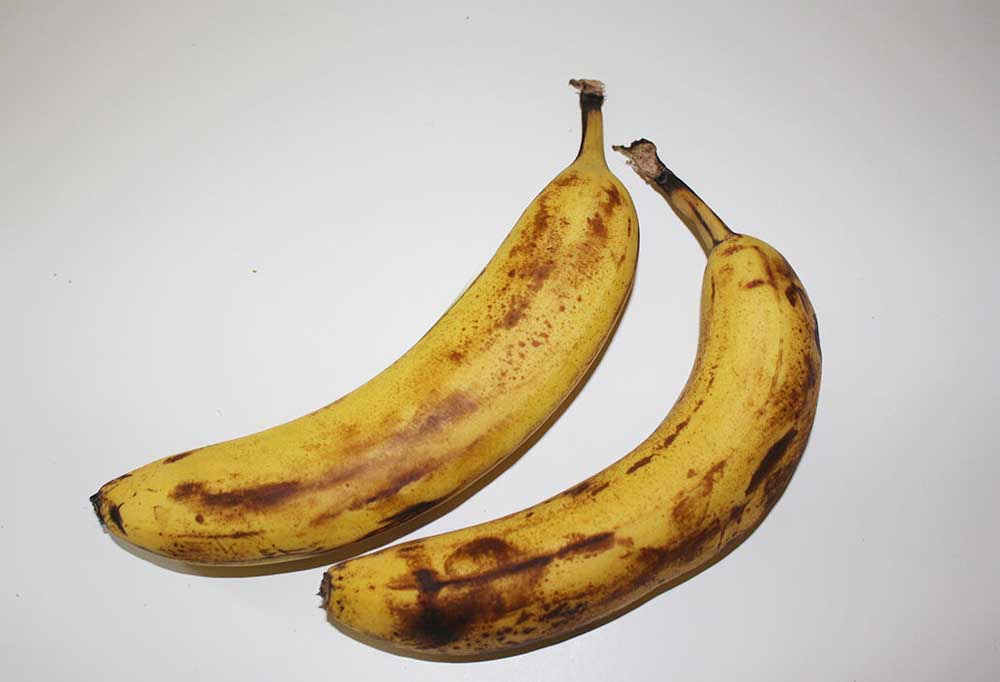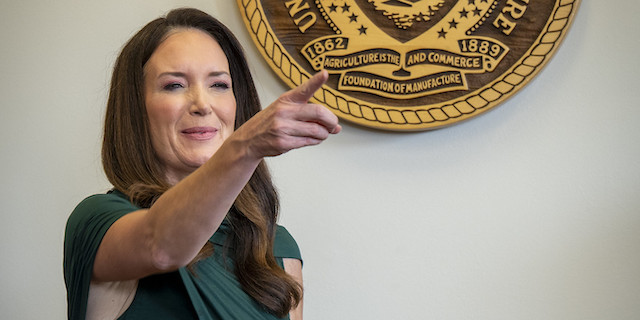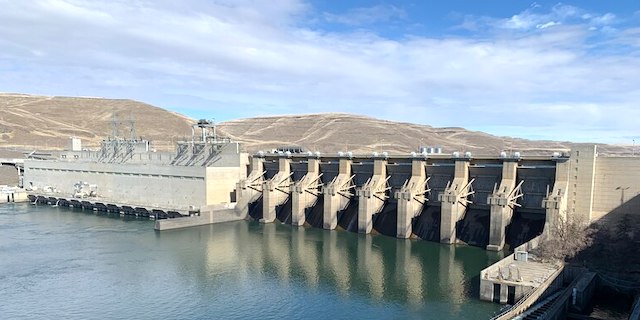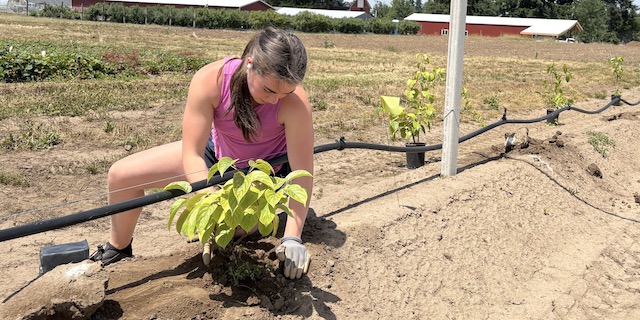Washington Ecology presents plan to reduce food waste
Published 1:45 pm Wednesday, September 1, 2021

- The Washington Department of Ecology has presented a nine-year, $2.3 billion plan to cut food waste in half by 2030.
OLYMPIA — The Washington Department of Ecology has developed a nine-year, $2.3 billion plan to cut food waste in half by 2030. If necessary, it will ban throwing food scraps in the garbage.
If the state isn’t on track to meet the 50% reduction goal by 2028, it will need to consider a landfill ban on food waste, according to the “Use Food Well Washington” plan, which will depend on support from state lawmakers.
“Our research has shown that without incentives or law to prevent food from going to the landfill, there lacks an incentive to reduce food waste in Washington (for individuals and businesses),” Ecology food waste lead Jade Monroe said in an email Wednesday.
The Legislature unanimously authorized the $100,000 study on reducing food waste. The plan proposes a 30-point campaign to halve the estimated 1.2 million tons of edible and inedible food wasted in 2015, the baseline year.
Ecology’s report urges a three-phase plan, with each phase lasting three years.
A “foundations phase” would cost an average of $76 million a year; an “infrastructure phase” would cost an average of $222 million a year; and an “amplification phase” would cost an average of $497 million a year, the plan estimates.
Ecology consulted other state agencies and people in the private sector, but did not poll participants on the recommendations.
“In my opinion, we went above and beyond to incorporate feedback and make sure we got the plan correct for the full food system,” Monroe said in the email.
The study claims net benefits of more than $1 billion a year through reduced disposal costs, new markets for low-grade produce and food waste, and avoiding “purchases of additional food.”
Washington State Dairy Council Executive Director Debra French said Tuesday she had not yet read the report, but talked to Ecology about reducing the waste of dairy products. “I think we all need to do our part,” she said.
The plan contemplates mandating food scrap recycling statewide. Seattle already has the law. Residents can be ticketed for throwing food in the garbage. More research would be needed to find out what “makes sense for everyone in Washington,” Monroe said.
Other options include a landfill tax to make dumping garbage more expensive than recycling and composting.
The plan also suggests “pay-as-you-throw pricing” for “any organics” sent to landfills “via a metering model as most other utilities use today.”
Other ideas in the plan include:
• Support a national labeling standard to clarify the difference between “best if used by” and “use or freeze by.” Retailers should be required to educate customers on understanding labels, according to the plan.
• A state tax credit for farmers who donate food. The study did not have further specifics.
• Subsidizing anaerobic digesters to recycle food waste, and community food hubs and value-added food processing to prevent food waste.
• When the state buys food, a certain percentage should be spent on lower-grade produce.
• Installing milk dispensers in schools rather than serving milk in cartoons. If children control how much milk they get, they waste less, according to the report.
• Create a Washington Center for Sustainable Food Management within the Department of Ecology.
• Require food-waste reduction education in schools. According to the plan, “Students take lessons home from the classroom … on the pressing challenges of our time.”
• Increase funding for local health districts to inspect and advise hunger relief organizations.
• An education campaign on topics such as making better use of leftovers.






